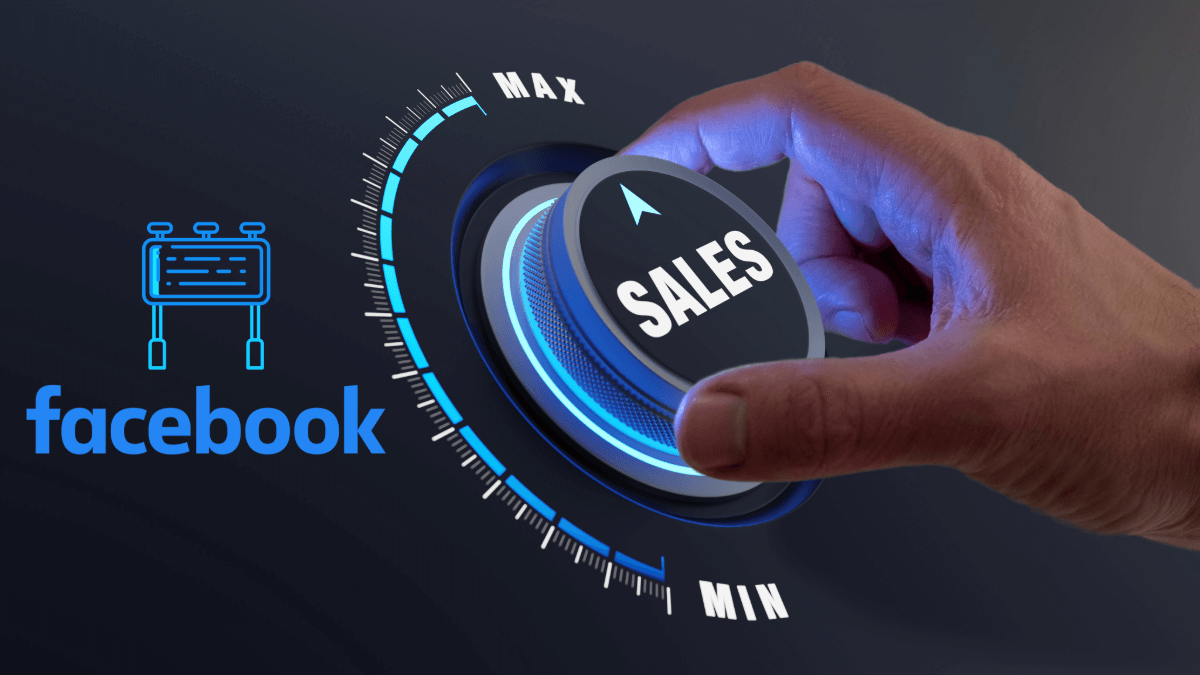
Automation in marketing plays a crucial role in streamlining processes and enhancing efficiency. This is particularly evident in lead generation on social media platforms like Facebook and Instagram. By leveraging automated tools and strategies, businesses can optimise their lead generation efforts, capturing high-quality leads more effectively and efficiently. This article explores the significant role of automation in Facebook and Instagram lead generation, focusing on the use of forms.
Understanding Lead Generation Forms on Facebook and Instagram
Lead generation forms on Facebook and Instagram are designed to collect contact information from potential customers directly on the platform. These forms, often integrated with ads, are highly effective because they reduce friction by allowing users to submit their information without leaving the social media site. This seamless experience increases the likelihood of conversion.
The Importance of Automation
Automation in lead generation involves using software and tools to handle repetitive tasks, ensuring that leads are captured, processed, and followed up with minimal manual intervention. Here are several ways automation enhances lead generation on Facebook and Instagram:
- Instant Lead Capture and Integration
– Automated tools can instantly capture leads from forms and integrate them with Customer Relationship Management (CRM) systems or email marketing platforms. This ensures that no lead is lost and allows for immediate follow-up.
– For example, tools like Zapier can be used to connect Facebook Lead Ads with various CRMs, enabling seamless data transfer and storage. - Automated Follow-Up
– Once a lead is captured, automation can trigger a series of follow-up actions such as sending a welcome email, scheduling a demo, or providing more information about a product or service. This immediate response helps maintain the lead’s interest and increases the chances of conversion.
– Platforms like HubSpot or Mailchimp offer automated workflows that can be customised to nurture leads through email sequences based on their interactions and responses. - Lead Scoring and Segmentation
– Automation tools can score leads based on predefined criteria such as engagement level, demographic information, and other relevant data. This helps businesses prioritise high-quality leads for follow-up.
– Automated segmentation allows businesses to categorise leads into different groups based on specific attributes, enabling more personalised and targeted marketing efforts. - Retargeting and Custom Audiences
– Automation facilitates the creation of custom audiences for retargeting. For instance, users who have interacted with a lead form but have not completed it can be targeted with specific ads to encourage completion.
– Facebook’s Pixel and Instagram’s tracking capabilities can be automated to retarget these audiences effectively, ensuring that potential leads are re-engaged with relevant content. - Performance Tracking and Reporting
– Automation tools provide detailed analytics and reporting on lead generation campaigns. Marketers can track the performance of their forms, ads, and follow-up sequences in real-time, allowing for data-driven decisions and optimisation.
– Platforms like Facebook Ads Manager offer comprehensive insights that can be further analysed using automated reporting tools like Google Data Studio.
Benefits of Automation in Lead Generation

Automation in lead generation significantly boosts efficiency by reducing the manual workload involved in capturing and managing leads. This allows marketing teams to concentrate on strategic tasks that can drive business growth, rather than getting bogged down in repetitive processes.
Consistency is another major benefit of automation. Automated workflows ensure that each lead is followed up promptly and systematically, which enhances the overall lead nurturing process. This timely follow-up increases the chances of converting leads into customers, as consistent engagement keeps potential clients interested and informed.
Scalability is crucial for growing businesses, and automation makes it possible to expand lead generation efforts without a corresponding increase in resources. With automation, businesses can handle larger volumes of leads efficiently, ensuring that no opportunities are missed due to capacity constraints.
Finally, automation facilitates personalisation through advanced segmentation and lead scoring techniques. By categorising leads based on various criteria, businesses can tailor their marketing efforts to individual preferences and behaviors, making follow-up communications more relevant and impactful. This personalised approach not only improves customer experience but also boosts conversion rates.
Real-World Examples
E-commerce companies often use Facebook and Instagram lead forms to capture leads for product launches, special promotions, and newsletters. Automated systems then send personalised discount codes or product recommendations based on the leads’ interests and browsing history.
B2B businesses utilise lead forms to gather information from potential clients interested in their services. Automation helps in scheduling follow-up meetings, sending detailed service brochures, and nurturing leads with educational content until they are ready for a sales conversation.
Companies hosting events or webinars use lead generation forms to register participants. Automation ensures that registrants receive confirmation emails, reminders, and post-event follow-ups, enhancing the overall participant experience.
Game-Changer
Automation is a game-changer in the realm of lead generation on Facebook and Instagram. By leveraging automated tools and strategies, businesses can efficiently capture, manage, and nurture leads, ultimately driving higher conversion rates and achieving better marketing outcomes. As technology continues to advance, the role of automation in digital marketing will only grow, offering even more sophisticated ways to engage and convert potential customers.






Follow Us